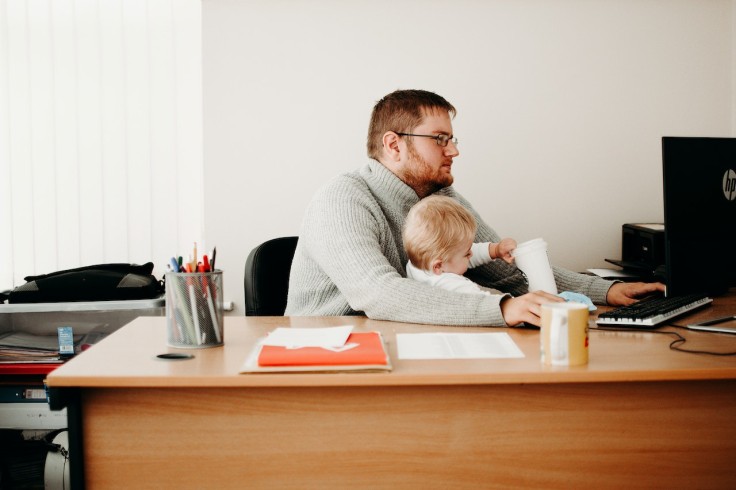
For working parents, higher satisfaction means having more time to spend with children and family and doing other activities for themselves.
Working parents face three major challenges, according to Talking Talent. One is the challenge of childcare. Second is the challenge of dealing with stress, and third is the challenge of finding balance, mostly between work and family and family and self.
All of these challenges are founded on the third challenge. If only there were a manual on perfectly balancing time for work, family and self, there would be no problem with taking care of one's children, and there would be no stress to deal with. Yet, there is none.
Thus, this difficult status of working parents nowadays is confirmed by a recent study that revealed how fewer hours spent at work lead to higher satisfaction of living.
Where time is spent correlates with the status of well-being
The new study entitled "Does less working time improve life satisfaction?" stated that work time is one of the primary "drivers'' of an individual's life satisfaction. A well-balanced distribution of working hours and leisure hours spent with family and for self strongly impacts one's feelings of well-being.
Researcher Qinglong Shao analyzed 18,060 responses from 10 relevant surveys that asked about life satisfaction, working time variables, health, social inclusion, social trust, feelings of safety, digitalization, income, marital status, and other demographic information. The study interviewed people from six job types under central or local government, education and health, a state-owned enterprise, private firm, self-employment, and the minority under the "other" category.
The study found that working fewer hours consistently agreed with higher living satisfaction. The finding exists because people find more joy and happiness when more of their time goes to their partner, children, family, and other commitments, responsibilities, and activities that focus on self-care and people that matter.
Other findings
Shao further stated that people enjoy working less because more of their salaries are taken away from them to be given to the government's welfare system.
With the study's findings, it was not surprising that part-time work has more positive effects on health than full-time work. Positive health is also associated with greater life satisfaction, along with trust, social inclusion, feelings of safety, and income.
The study revealed that those who are more satisfied with life are working fewer hours yet are earning, PsyPost reported.
Moreover, as a confirmation of previous research, the study showed an increase in life satisfaction and happiness as an adult age.
However, it was quite surprising to know that gender has a negative effect on life satisfaction. The study showed that men are less likely to be satisfied and happy compared to women, and this could be because the latter prefer to work fewer hours in a week than men.
Lastly, the study found that working parents and adults employed in private firms spend less time working to be more satisfied with life.